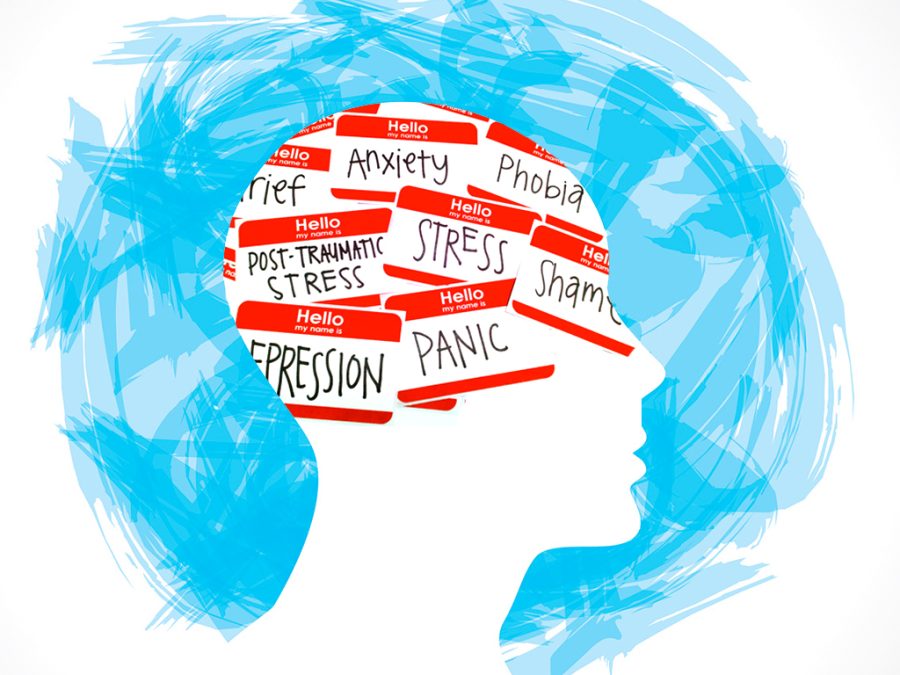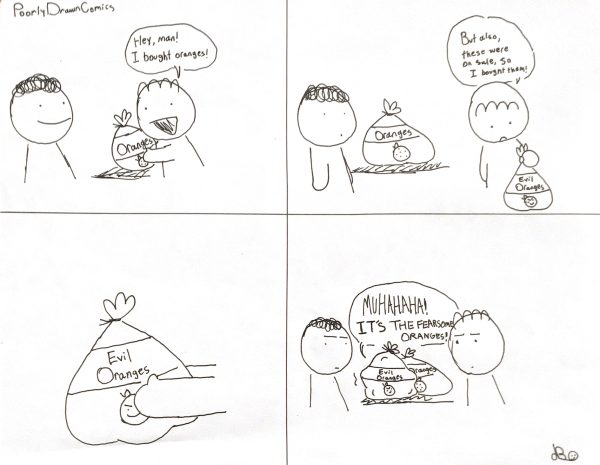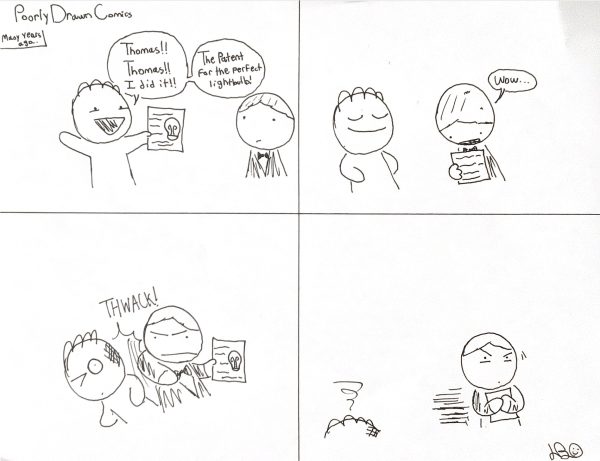Why mental health IS important.
Jan 6, 2023
Researchers have found that 1 in 5 Americans struggle with mental health issues on a daily basis. Half of the adult American population have a mental illness (nearly 27 million people). Knowing this, you might wonder why many people don’t take the topic of mental illness seriously.
Mental illness is by far one of the most taboo topics of discussion. Many cultures and religions don’t take reports of mental illness within their own community seriously. This suggests that a lot of people in these communities go without help. Religious practices play a big role in reports of poor mental health.
When it comes to teens and children, they are some of the most ignored victims of mental illness. 1 in 7 teens and children with mental illness are not treated and are overlooked. Ph.D. with Michigan’s Medicine Department Of Physical Medicine and Rehabilitation, Daniel Whitney, said, “Untreated mental health disorders can have a debilitating impact on children’s healthful growth and throughout their transition to adulthood.” I believe that parents should take their children and their problems seriously. Ignoring them doesn’t do them or yourself any good and doesn’t have any advantages.
One of the counselors at WMS, Ms.Torella, spoke about the topic, “A lot of kids deal with stress. It has to do with the lockdown because so many kids were isolated and alone. People are afraid to address the conversation of mental health.” she said.
With the statistics being so high, what can you do to help a peer or person who is suffering from a mental illness? WMS students and staff give some advice.
8th grader Jacey Goris explained what she does in order to help her friend, who is currently going through some mental distress. “I text her all the time and make sure she’s ok. I also gave her a resource and number to call when she feels down.”
Journalism teacher Mr.Malmstrom said, “The best thing you can do is listen. You have to make people comfortable with sharing the fact that they do feel distressed.”
Another 8th grader, Gabby Tortorielle, said, “Mental health is a serious topic and shouldn’t be taken as a joke.”
8th grader Tommy Oatman said, “Mental health is often overlooked by people. If one of my friends was going through a breakdown, I would offer my help and tell an adult if they allow me to.”
My mom, Anyolina Sued, said, “It is something that we must consider with more interest than in previous years since the economic situation, social pressure, and lack of empathy are creating lonely and empty people who are falling into depression.”
This conversation is so important to me because one of my family members had a mental breakdown in the early months of last year. Nobody saw it coming. In reality, it was so shocking. I never imagined him to be in such a position and going through so much. I am glad to say that he has gotten way better over time.
If you or someone you know is experiencing mental health problems, please reach out to the resources:
SAMHSA’s National Helpline, 1-800-662-HELP (4357)
Suicide Prevention Lifeline at 1-800-273-TALK (8255)
911





